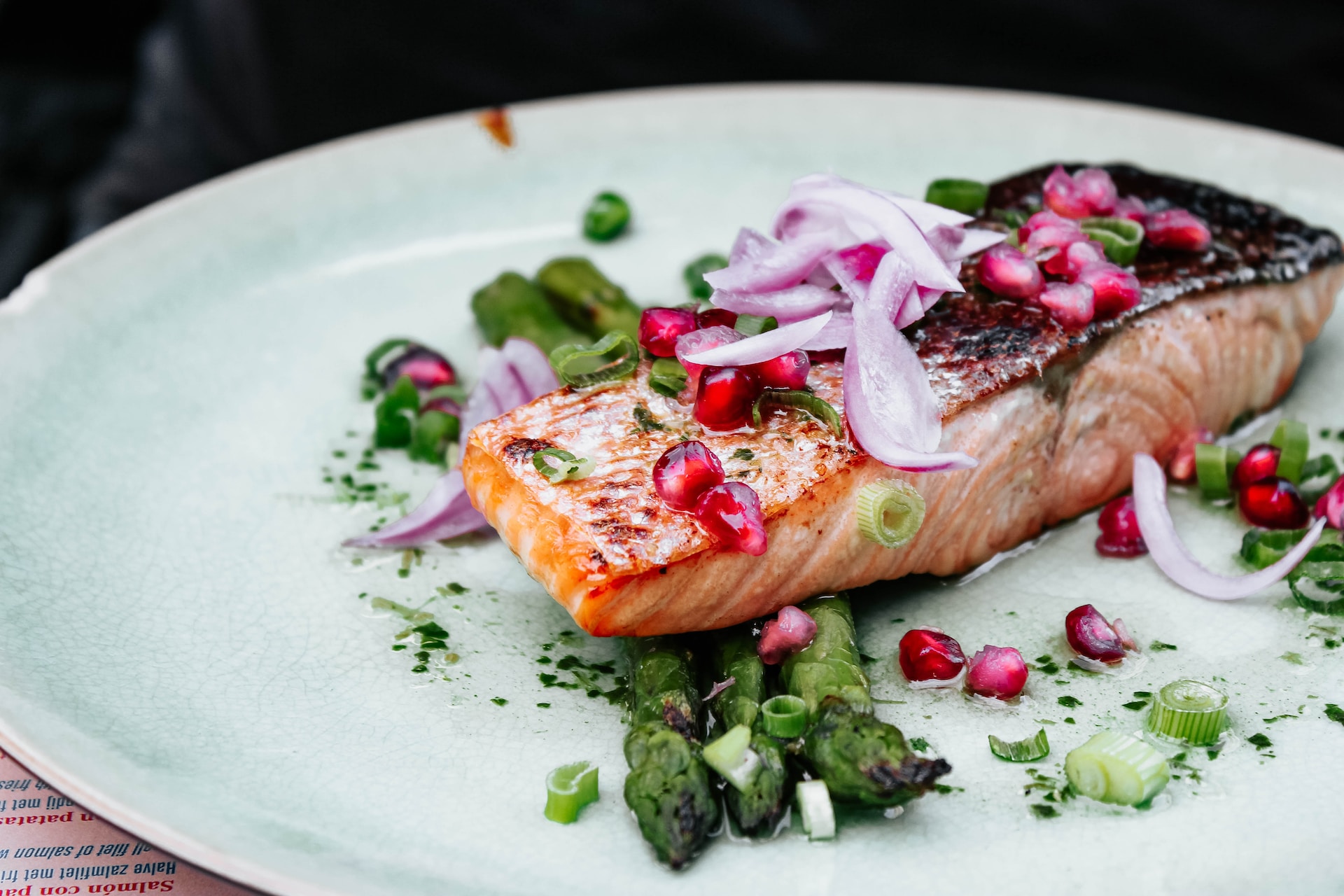Why is diet important during cancer?
Both patients and family members should know that a correct diet minimizes digestive complications, maintains a good level of defenses, allows treatment to be completed within the established period and, as a consequence, improves the patient's quality of life.
Nutritional status is of great importance in the disease because it influences the evolution and response to treatment.
What are the objectives of nutritional recommendations for cancer patients? Avoid malnutrition and the complications that can arise from it. Improve tolerance to antineoplastic treatments and promote their effectiveness. Improve the quality of life of cancer patients.
How does cancer affect diet?
The disease and therapy can modify the patient's sense of taste. The temperature of food, smell and flavor are usually perceived in an altered way - less sensitivity to sweet tastes and greater sensitivity to salty and bitter tastes.
Furthermore, each patient presents different adverse reactions to oncological treatment: vomiting, diarrhea, constipation, mucositis, xerostomia...
What diet should a person with cancer follow?
In general terms, cancer patients must follow a balanced, rich diet that covers all food groups, taking into account their tastes, and always in sufficient quantities, so that all their requirements and particularities are covered.
What are the main dietary risks during this disease?
Cancer is a multifactorial disease, with different treatments. But one factor that many people who suffer from it have in common is malnutrition, and its most common manifestation, protein-calorie malnutrition and deficiencies in vitamins and minerals. As a consequence of this nutritional deficit, an alteration in the immune system or intolerance to neoplastic therapies may occur, for example.
